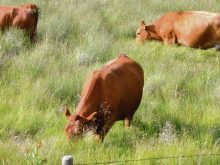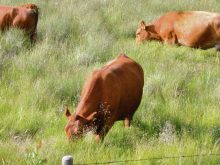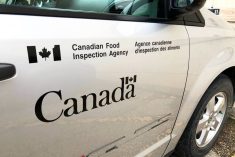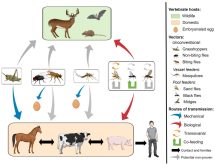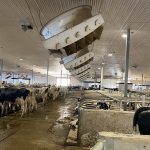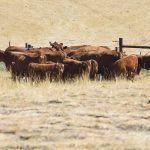Neither federal nor international animal health officials expect to see import bans imposed on Canadian poultry coming out of an avian flu outbreak at a farm on Newfoundland’s Avalon Peninsula.
The Canadian Food Inspection Agency on Wednesday reported a confirmed outbreak of a highly-pathogenic (‘high-path’) strain of H5N1 avian influenza at an exhibition farm in the province’s southeast. It marks Canada’s first high-path outbreak since 2015.
The exhibition farm houses multiple species of birds and other animals and does not produce birds for sale, CFIA said. Thus, it’s considered “non-poultry” by the World Organization for Animal Health (OIE).
Read Also
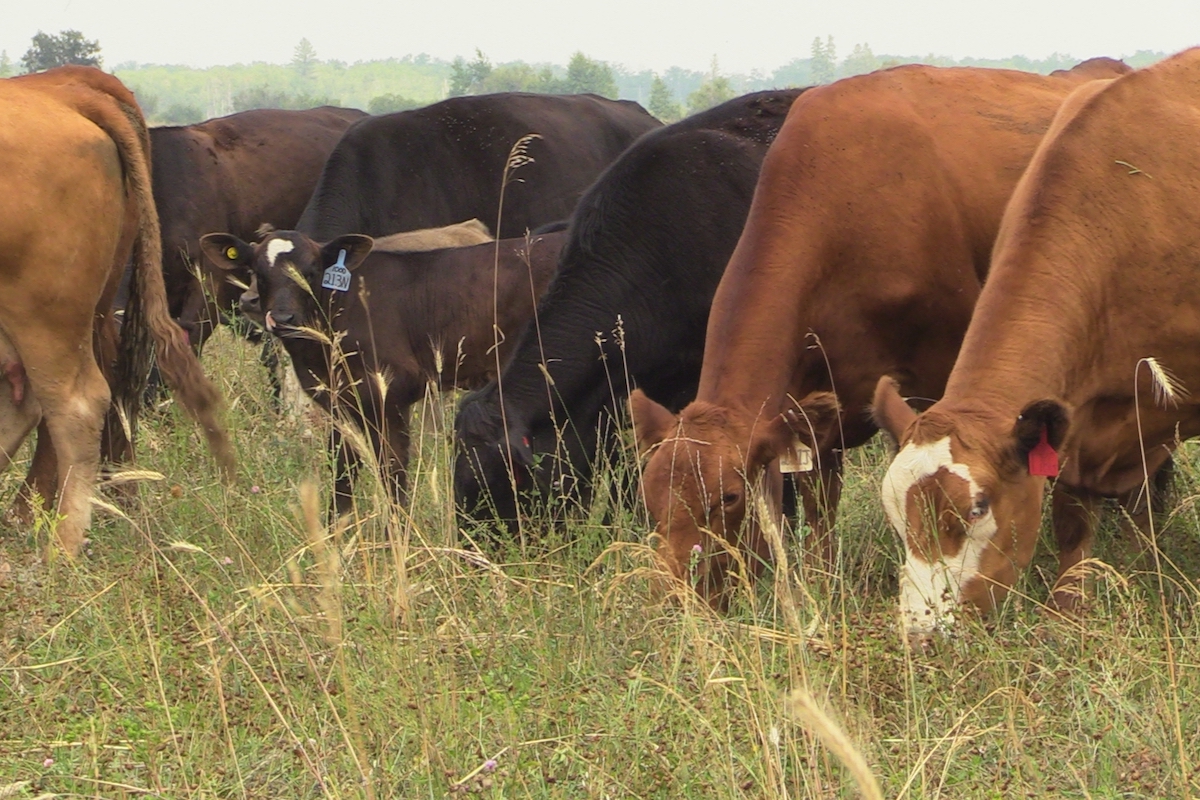
Beef industry weighs in on AAFC research cuts
The Canadian Cattle Association and Beef Cattle Research Council said cuts to federal research centres and programs will have long-term debilitating consequences for the beef industry.
Ontario’s Feather Board Command Centre, an industry agency that tracks both domestic and international bird disease outbreaks, said Wednesday the Newfoundland farm’s stock had included chickens, turkeys, emus, geese, ducks, guinea fowl and peafowl.
According to the report filed with the OIE, the flu strain killed 360 birds on the farm and another 59 were destroyed.
The farm is in a region the Newfoundland and Labrador government promotes as the “Seabird Capital of North America,” with “tens of thousands of migrating seabirds perched almost within arm’s length.”
Analysis shows the virus on the farm lines up genetically with the “Eurasian lineage” of high-path H5N1 that’s been circulating in poultry and wild birds in Europe and Asia this year, the OIE said in its report Wednesday.
But since the birds in this case aren’t commercial poultry, the OIE said, its Terrestrial Animal Health Code says OIE member countries “should not impose bans on the international trade of poultry commodities in response to notification of infection with any influenza A viruses in birds other than poultry.”
For that reason — and because no other cases of bird illness resembling avian influenza (AI) have been reported in the vicinity of the farm — Canada’s AI-free status “remains in place in accordance with (OIE) guidance,” CFIA said.
Avian flu, CFIA said, “circulates naturally in avian fauna and recent detections of high-pathogenic AI in Europe indicate an even higher risk of the disease in North American poultry flocks this year.
“This makes it more important than ever for anyone raising poultry to remain vigilant against AI and ensure they have effective biosecurity measures in place.”
Meanwhile, provincial and federal officials and the birds’ owner “are working closely together to manage this particular situation.”
Also, a three-kilometre “protection zone” and 10-km “surveillance zone” are now in place around the infected premises, CFIA said.
According to the agency’s report to the OIE, the farm’s outbreak first became apparent Dec. 8 and was confirmed through tests at Atlantic Veterinary College’s diagnostic services lab on Dec. 16 and Canada’s National Centre for Foreign Animal Disease in Winnipeg Dec. 19 and 20. — Glacier FarmMedia Network




